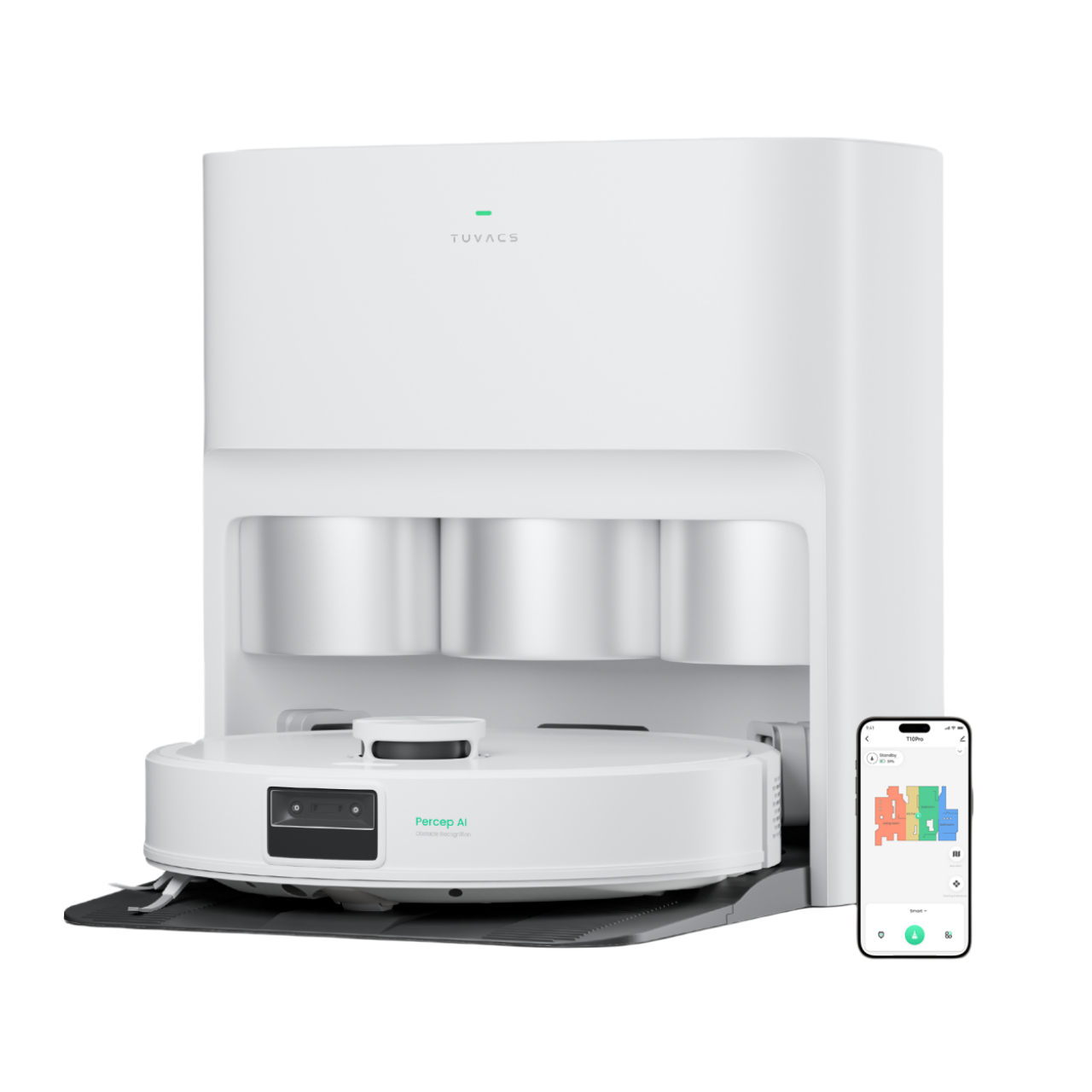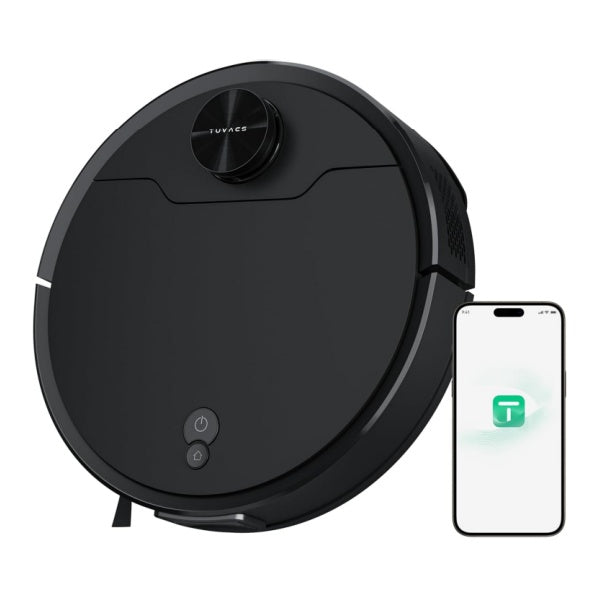
In recent years, the global market for robotic vacuum cleaners has surged dramatically, with projections indicating that it will reach an astonishing $35 billion by 2027. This growth is not merely a reflection of consumer convenience; it also highlights significant advancements in technology and sustainability practices within this sector.
The Emergence of Shop Robot Vacuums
shop robot vacuums have revolutionized the cleaning industry by integrating advanced technologies such as artificial intelligence and smart home connectivity. These devices are designed to autonomously navigate various environments while efficiently collecting dust and debris. A noteworthy aspect of their market attributes is their commitment to sustainability practices, which include energy-efficient operations and recyclable materials in manufacturing processes. As consumers become increasingly eco-conscious, these features play a pivotal role in influencing purchasing decisions.
Mini Robot Vacuums: Compact Solutions with Sustainability Practices

mini robot vacuums represent a growing segment within the shop robot vacuum category, offering compact solutions without compromising on performance or environmental responsibility. These smaller units often consume less power than traditional models due to their efficient design and optimized battery usage. Furthermore, many manufacturers prioritize sustainable production methods by utilizing recycled plastics and minimizing waste during assembly processes. Such initiatives not only reduce the carbon footprint but also appeal to environmentally aware consumers seeking effective yet responsible cleaning options.
Tuvacs: Leading the Way in Sustainability Practices
Tuvacs stands out as a prominent player in the robotic vacuum market, particularly regarding its dedication to sustainability practices. The company employs innovative technologies that enhance energy efficiency while ensuring high-performance cleaning capabilities. Tuvacs‘ products are designed with longevity in mind—featuring replaceable parts that extend product life cycles—and they actively promote recycling programs for old devices through partnerships with local organizations. By prioritizing both functionality and ecological impact, Tuvacs exemplifies how businesses can thrive while contributing positively to environmental stewardship.
Conclusion
In summary, shop robot vacuums embody significant advancements not only in technological innovation but also in sustainable practices aimed at reducing environmental impact. With companies like Tuvacs leading by example alongside mini robot vacuums making strides toward eco-friendliness, it is evident that this sector is committed to cultivating cleaner homes while fostering a healthier planet for future generations.

